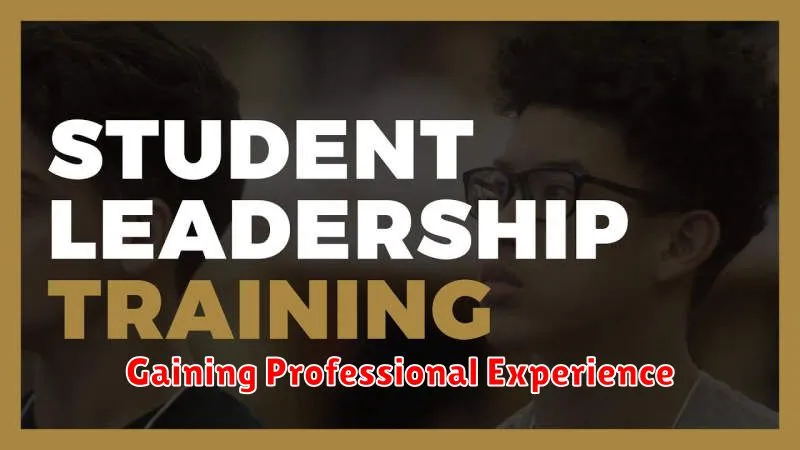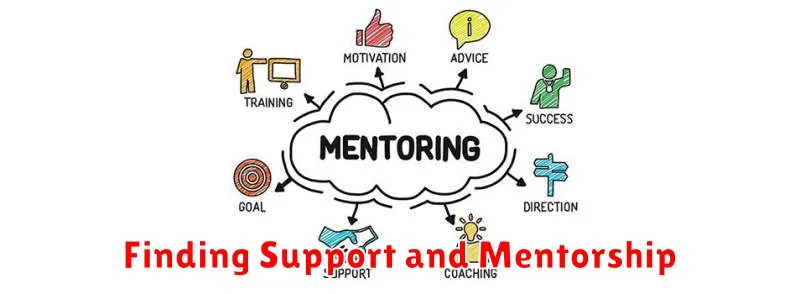College life presents a unique opportunity for growth, both academically and personally. Joining student organizations is a crucial aspect of this development, offering numerous benefits that extend far beyond the classroom. These organizations provide a platform for students to explore their interests, cultivate leadership skills, expand their network, and enhance their overall college experience. From academic clubs and professional societies to volunteer groups and special interest organizations, there’s a wealth of opportunities waiting to be explored. Discovering the right organization can be instrumental in shaping a student’s future and creating a well-rounded educational journey.
This article will delve into the numerous benefits of joining student organizations. We will explore how these experiences contribute to academic success, career development, and personal growth. We will also discuss the different types of organizations available and offer guidance on how to choose the best fit for your individual needs and goals. By understanding the advantages of student involvement, you can make informed decisions about how to maximize your college experience and prepare for a successful future.
Building Leadership Skills
Student organizations offer invaluable opportunities to develop and refine leadership skills. Participating in these groups allows students to take on leadership roles, whether it be a club president, team captain, or committee chair. These roles provide practical experience in managing teams, organizing events, and making critical decisions.
Active involvement fosters skills such as delegation, communication, conflict resolution, and strategic planning. Students learn to motivate and guide their peers towards common goals, strengthening their ability to influence and inspire others. The experience gained in these leadership positions is highly transferable to future careers and professional endeavors.
Furthermore, student organizations provide platforms for students to discover their leadership style. They can experiment with different approaches to leadership and identify their strengths and weaknesses in a supportive environment. This self-discovery is crucial for personal and professional growth.
Expanding Social Networks
Joining student organizations offers a significant advantage: expanding your social network. Meeting new people is inherently valuable, and student organizations provide a structured environment to do so. These groups bring together students with shared interests, creating a natural foundation for connection and friendship.
Beyond immediate peers, organizations frequently connect students with alumni and professionals in their field of interest. This networking opportunity can be invaluable, providing mentorship, career advice, and potential internship or job leads. Building these relationships early can have a profound impact on future career prospects.
Furthermore, active participation in organizations helps develop essential interpersonal skills. Collaboration, communication, and teamwork are honed through group projects, events, and regular meetings. These skills are highly sought after by employers and contribute to both professional and personal success.
Improving Communication Abilities

Student organizations provide a fertile ground for developing and refining communication skills. Active participation requires members to interact regularly with peers, senior members, and often, faculty advisors or external partners.
These interactions offer opportunities to practice various forms of communication, including:
- Public Speaking: Presenting ideas during meetings or at organizational events.
- Interpersonal Communication: Collaborating with team members on projects and initiatives.
- Written Communication: Drafting emails, reports, and proposals.
- Active Listening: Engaging effectively in discussions and understanding diverse perspectives.
Through consistent practice in a supportive environment, students can hone their ability to articulate thoughts clearly, listen attentively, and build strong interpersonal relationships, all of which are crucial for future success.
Gaining Professional Experience

Student organizations offer invaluable opportunities to gain professional experience before entering the workforce. By participating in clubs and societies, students can develop essential skills that employers seek. These experiences bridge the gap between academic learning and practical application.
Real-world skill development is a key benefit. Students can hone skills in areas like project management, teamwork, communication, and problem-solving through organizing events, managing budgets, and leading teams. These practical experiences significantly enhance resumes and make students more competitive job candidates.
Holding leadership positions within a student organization adds another layer of professional development. Whether serving as president, treasurer, or committee chair, students gain experience in decision-making, delegation, and strategic planning – crucial skills for career advancement.
Collaborating on Projects
Student organizations frequently undertake projects, providing invaluable opportunities to collaborate with peers. This teamwork develops crucial interpersonal skills and provides practical experience in project management.
Working alongside others towards a shared objective teaches students how to delegate tasks, manage timelines, and resolve conflicts constructively. These experiences translate directly into professional settings, where collaboration is essential for success.
Furthermore, projects within student organizations expose students to diverse perspectives and skillsets. Learning to integrate different viewpoints and leverage individual strengths strengthens the overall outcome of the project and enhances each member’s learning experience.
Finding Support and Mentorship

Student organizations often provide a built-in support system. Connecting with peers who share similar academic or social interests can create a sense of belonging and community. This can be especially valuable for students navigating the challenges of college life, such as academic stress, social adjustments, and career exploration.
Many organizations offer mentorship programs, connecting newer members with more experienced students. These mentors can provide valuable guidance on academics, extracurricular activities, and even career paths. They can offer advice based on their own experiences, helping newer members navigate the complexities of university life and make informed decisions.
Mentorship can also extend beyond graduation. Alumni networks connected to student organizations frequently provide support and networking opportunities for former members, creating a lifelong network of professional and personal contacts.
Creating Lasting Memories
Joining student organizations provides a rich environment for creating memories that extend beyond the classroom. These experiences often become cherished highlights of one’s college years.
Shared experiences, such as organizing events, participating in competitions, or volunteering in the community, foster strong bonds between members. These shared moments of triumph and challenge build camaraderie and create lasting memories.
Furthermore, the unique events organized by student organizations offer opportunities that might not be available elsewhere. Whether it’s a themed social gathering, a guest speaker presentation, or a weekend retreat, these activities contribute to a vibrant and memorable college experience.
Enhancing Your Resume
Active participation in student organizations can significantly enhance your resume and make you a more competitive candidate for internships and job opportunities. Employers value well-rounded individuals who demonstrate leadership, teamwork, and commitment outside of the classroom.
Listing your involvement in student groups showcases a variety of transferable skills. These skills can include leadership (e.g., holding an officer position), teamwork (e.g., collaborating on projects), communication (e.g., public speaking or event planning), and problem-solving (e.g., addressing organizational challenges).
To effectively highlight these experiences, quantify your accomplishments whenever possible. Instead of simply stating your role, mention specific achievements and their impact. For instance, describe how you increased membership, raised funds for a cause, or organized a successful event.

